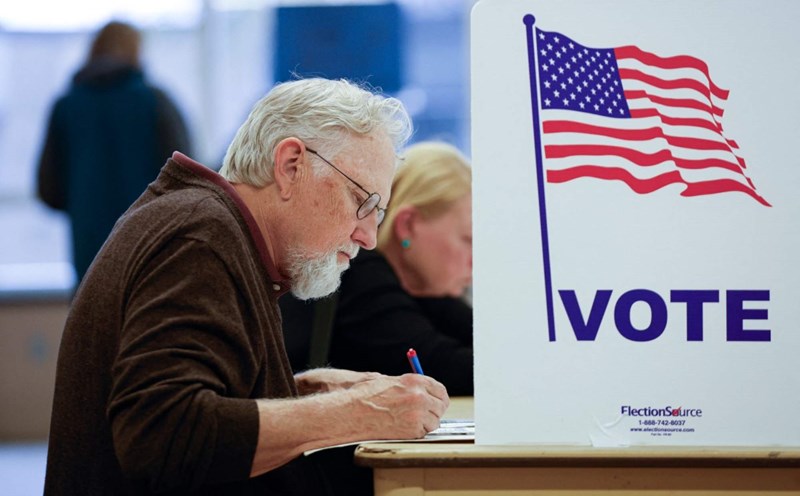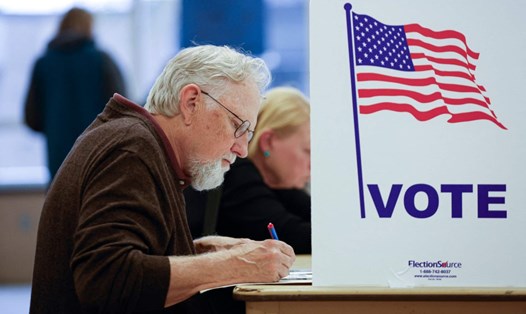In 2023, the Carter Center announced that the 39th President of the United States was battling malignant mel medical cancer. He spent his final years at home under the care of a medical team. He was also the longest-serving president in U.S. history.
My father is a hero, not only to me but to all those who believe in peace, human rights and love for the good, his son, James E. Carter III, shared in a statement.
My brothers and sisters and I have shared our father with the world through these common values. He has made the world his family by bringing people together. We thank you for honoring his memory by continuing to live by these values.
Jimmy Carter was born on October 1, 1924, in Plains, Georgia. After graduating from the US Navy Academy, he served as aunicide engineer before entering politics. He was elected Governor of Georgia in 1971 and then became US President from 1977-81.
During his presidency, he tried to maintain a policy of reducing tensions with the Soviet Union. RT reported that in 1979, he and Soviet leader Leonid Brezhnev signed the SALT II Agreement to limit the arms race between the two superpowers. However, the deal was not ratified by the US Senate due to rising tensions after the Soviet troops moved into Afghanistan in late 1979.
Mr. Carter viewed the Soviet war in Afghanistan as a threat to US interests and introduced many sanctions, including an economic embargo and a boycott of the 1980 Summer Olympics in Moscow. He also secretly assisted the CIA in training and arming anti-Soviet Mujahideen Hoi giao fighters, contributing to the Soviet withdrawal and the rise of the Taliban in the future.
In 1978, Mr. Carter played a key role in negotiating the Camp David Accords between Israel and Egypt, marking the first time an Arab country recognized Israel. He also laid the groundwork for the return of the Panama Canal to the Panama government in 1999.
In his home country, Mr. Carter focused on controlling inflation and promoting environmental protection policies. He established the Department of Energy and the Department of Education as part of a government restructuring strategy.
However, his tenure was overshadowed by the Iran hostage crisis, in which US diplomats were detained for 444 days. The hostages were only released after Ronald Reagan was sworn in in January 2021.
After leaving the White House, Carter devoted much of his life to humanitarian work. He founded the Carter Center in 1982, which focuses on promoting democracy and protecting human rights.
In 2002, he was awarded the Nobel Peace Prize for his contributions to humanity.










